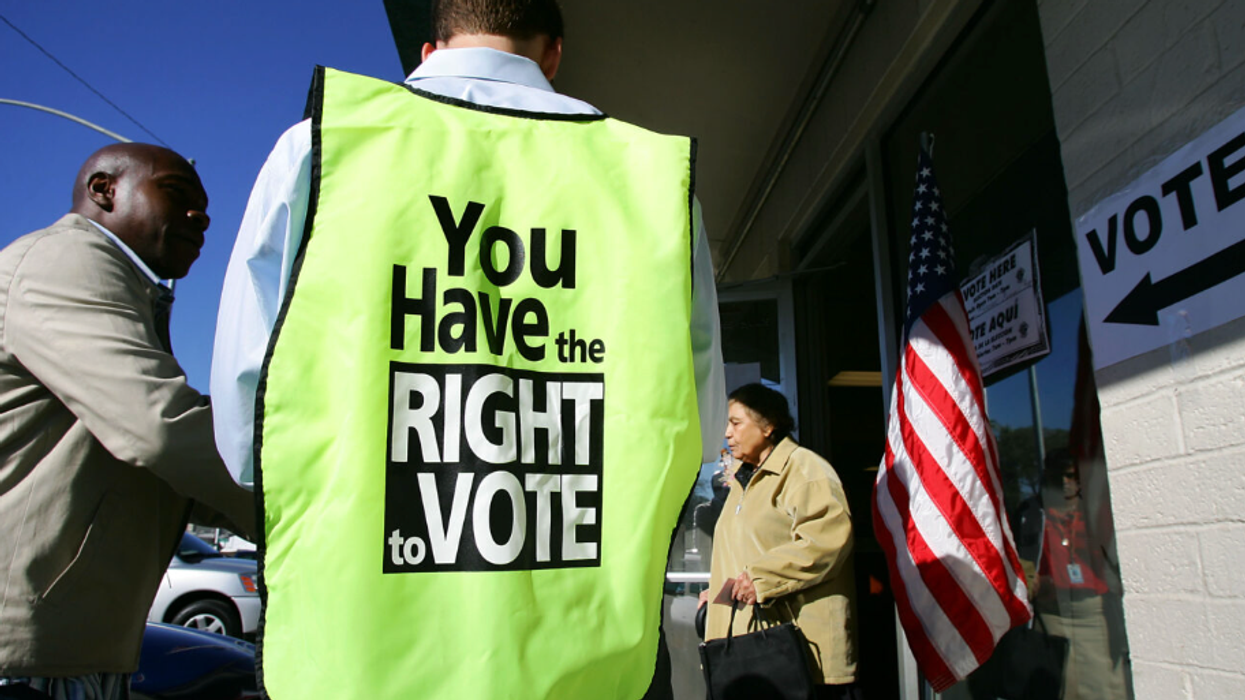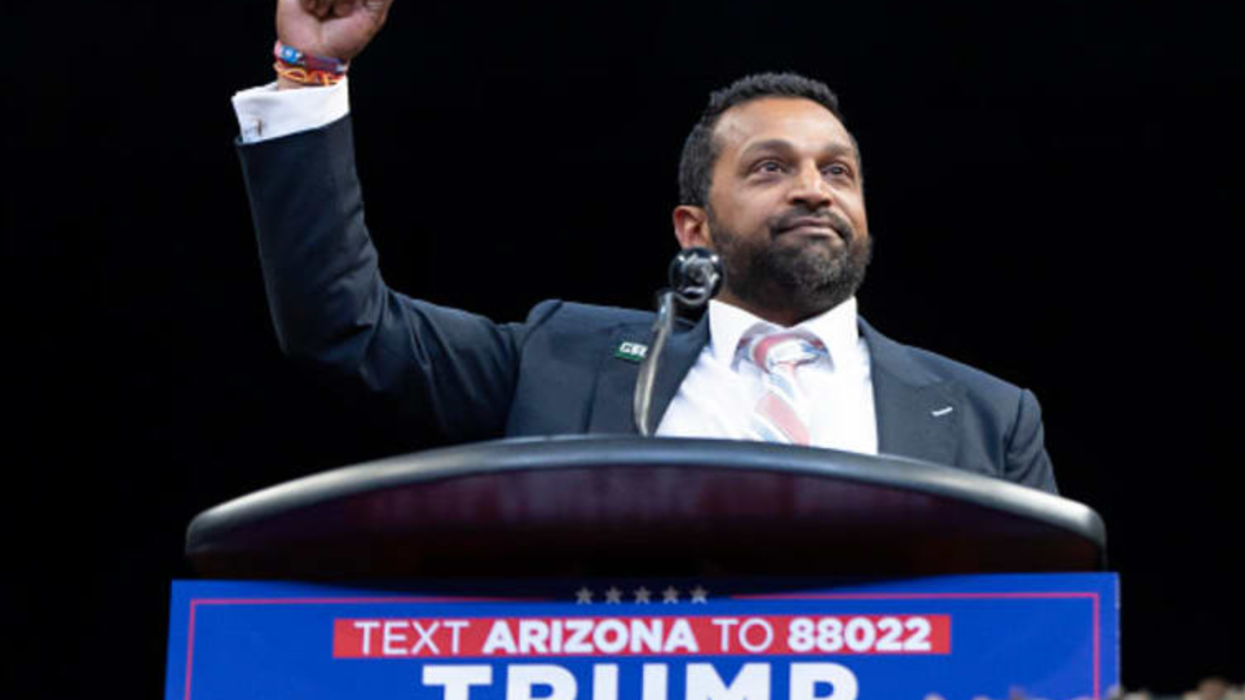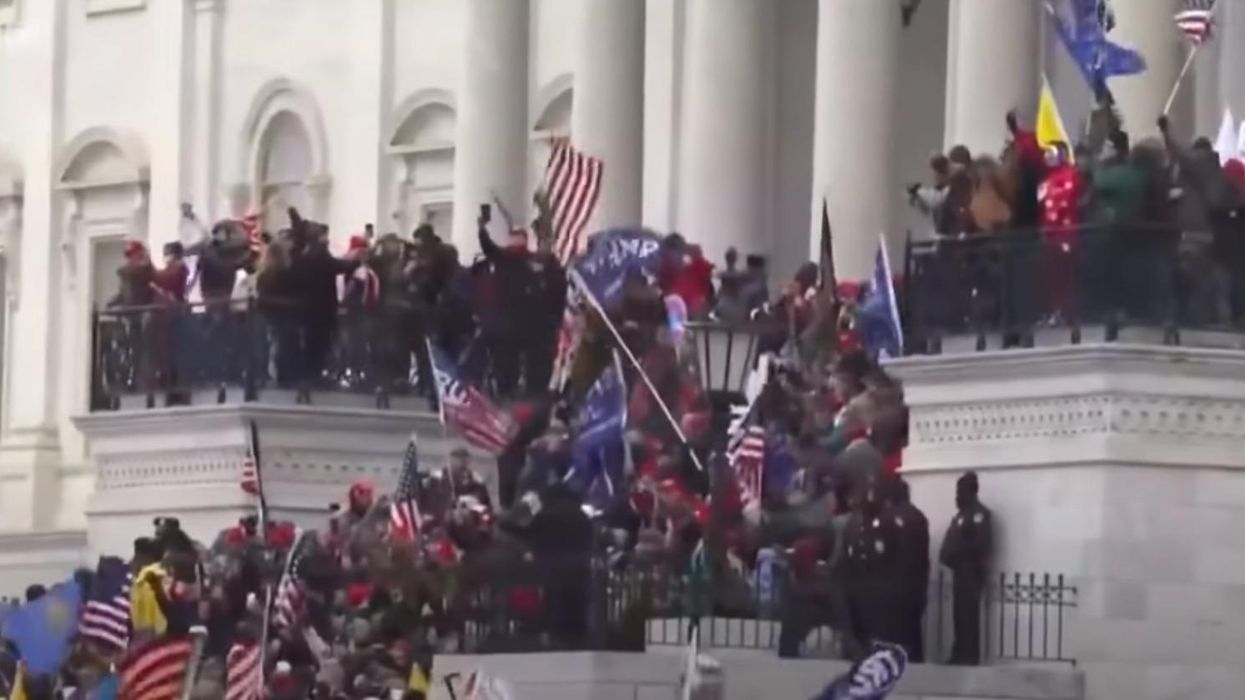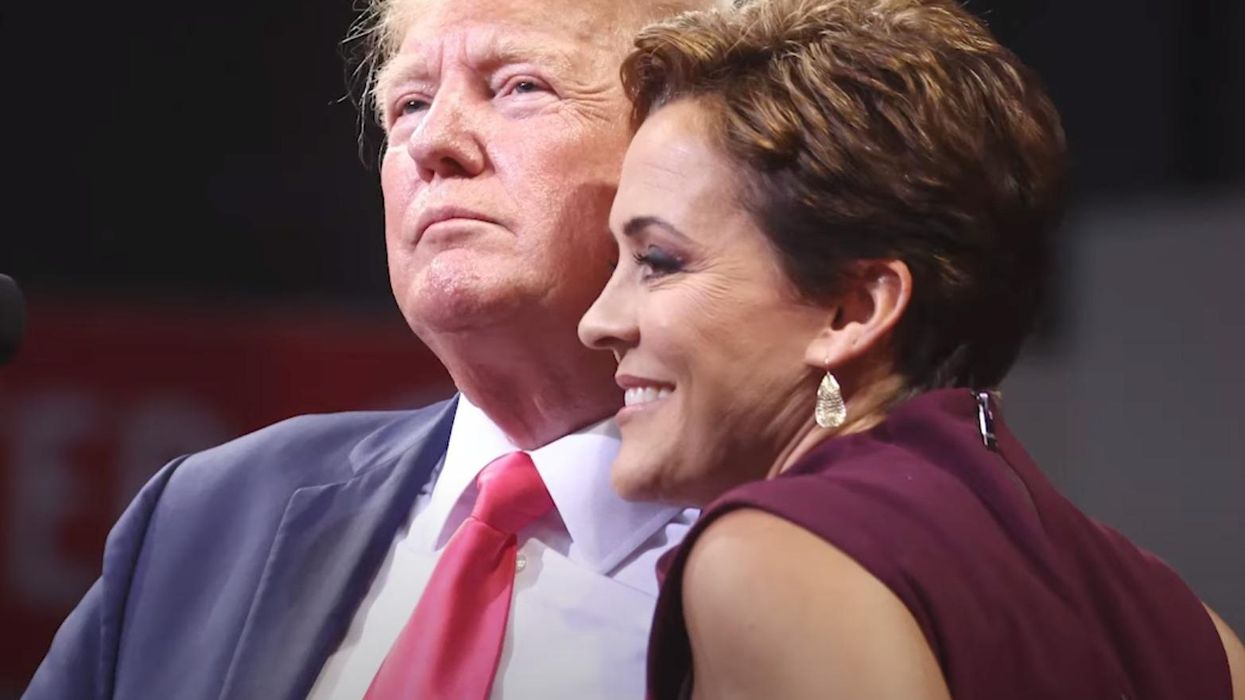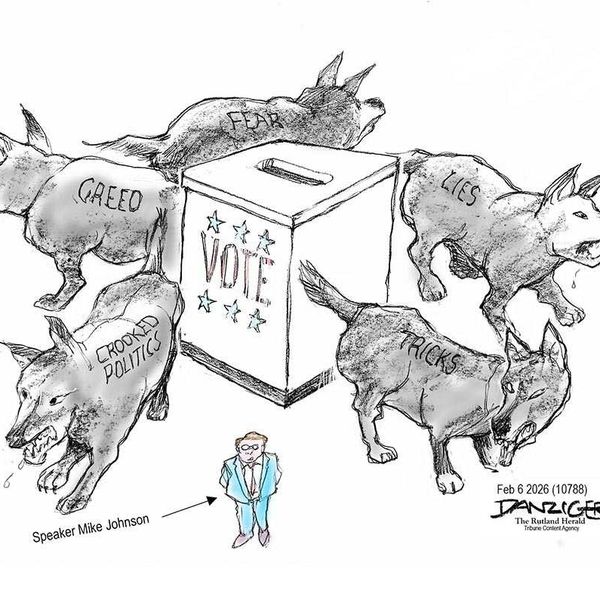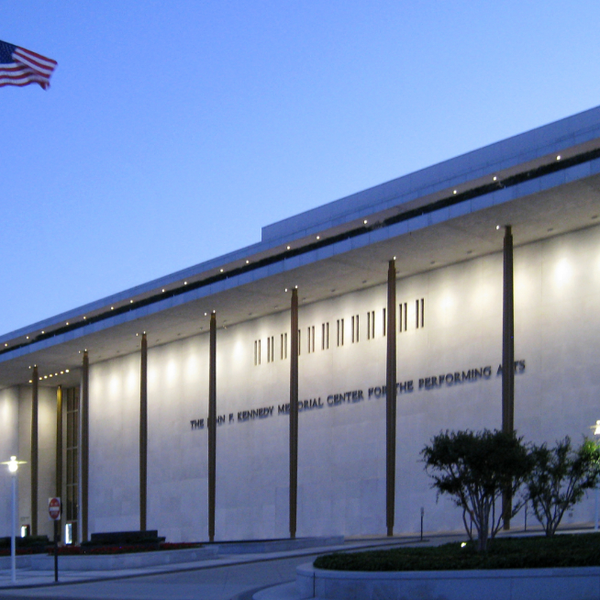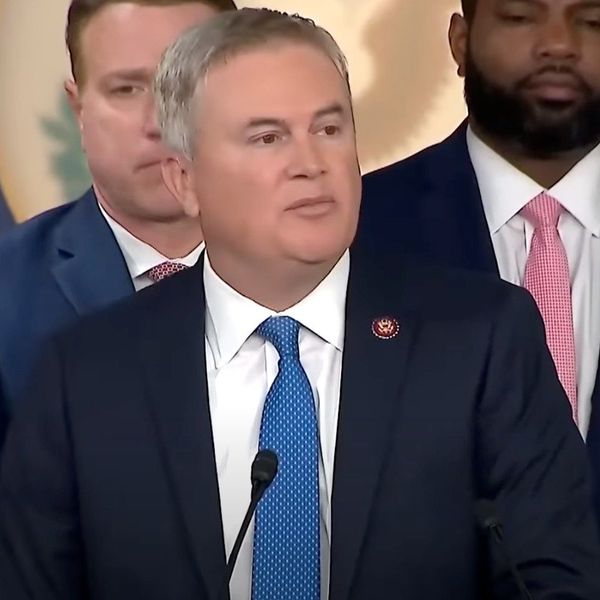Did Trump Just Reveal His Plans To Steal The 2026 Midterm Elections?
A top producer for MSNOW Weeknight is sounding the alarm about a comment President Donald Trump made during his extensive interview with the New York Times that is telling about his 2026 intentions.
Kyle Griffin, executive producer of Weeknight wrote on X that the detail was a "BIG FLAG.""Trump said during his interview with The New York Times that he regretted not ordering the National Guard to seize voting machines in swing states after his loss in the 2020 election. He doubted whether the Guard was 'sophisticated enough' to carry out the order effectively," Griffin said.
The comments come as the Washington Post reported Monday morning "if his party loses," in the 2026 midterm elections, it is expected that Trump will "sow doubt in their validity."
Trump's new plans included forcing Republican state lawmaker to redraw congressional lines in Republicans' favor. That step, however, was only the beginning. Trump is also pushing to make voter registration more difficult and end the use of voting machines and mail-in ballots.
"The administration has gutted the role of the nation’s cybersecurity agency in protecting elections; stocked the Justice Department, Homeland Security Department and FBI from top to bottom with officials who have denied the legitimacy of the 2020 election; given a White House audience to people who, like the president, promote the lie that he won the 2020 election; sued over state and local election policies that Trump opposes; and called for a new census that excludes noncitizens," the Post explained.
"The wide-ranging efforts seek to expand on some of the strategies he and his advisers and allies used to try to reverse the 2020 results that culminated in the attack on the U.S. Capitol on Jan. 6, 2021," the report added.
Stanford Law School Professor Nathaniel Persily, who focuses on democracy and elections-related law, told the Post, “I’m concerned about chaos and uncertainty in the administration of the 2026 election. There is a kind of avalanche of potential changes that are being proposed, and it’s at a time when people have lost trust in the election infrastructure and everybody’s on edge.”The White House claims that they're focused on making sure only eligible American citizens vote.
While Trump has joked about canceling the 2026 election, he doesn't have the authority to do it because local and state officials handle elections — not the federal government. That will be the barrier to a lot of Trump's efforts to change mail-in ballots or bar certain voting machines.
Trump issued an executive order that aimed to stop any state from accepting mail-in ballots received after Election Day. In many states, as long as a voter has the ballot post marked by Election Day, it is legal. A lower court has blocked the order, but the U.S. Supreme Court will take up the matter this year.
In another matter, the Justice Department has been in a battle with at least 40 states and Washington D.C., demanding voter rolls with personal identifying information including birth dates and partial Social Security numbers. Ten states have agreed to cooperate with the DOJ.
Read the full list of efforts Trump has made to change the 2026 midterm elections here.
Reprinted with permission from Alternet

